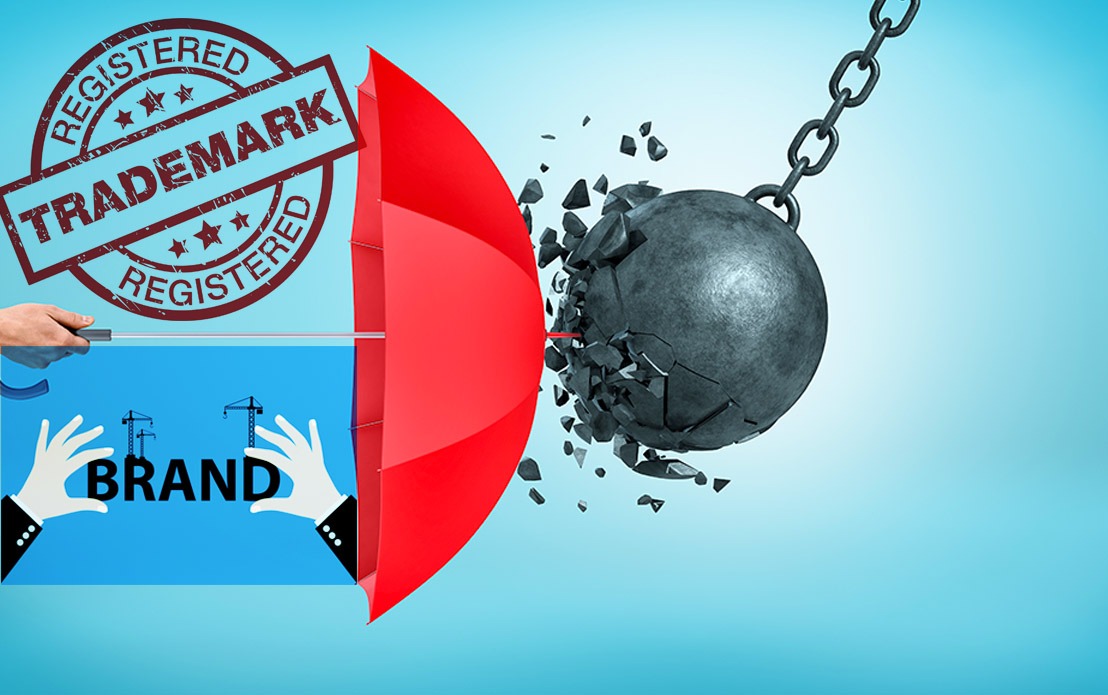
The extent to which the owner of the intellectual property rights can enforce those rights typically has a direct bearing on the value of your IP. To keep your IP valuable in legal terms and to continuously deter infringement by any third party, effective trade mark enforcement is required.
Your IP portfolio is a significant resource. It could harm your company and brand if someone else uses it without your permission. Therefore, it is crucial to register your intellectual property rights, implement a plan to check for infringement, and, if required, enforce your rights.
In this article, we will discuss four methods to defend and enforce your intellectual property rights and how trademarking lawyers can help in doing so.
Trade Mark Enforcement: What Is It?
In general, trademark owners are required to exercise their legal rights on their own. The IP Australia is not a body that enforces laws. In addition to the market, owners must carefully watch federal and state trademark publications.
Trademark owners must put time, effort, and money into protecting their mark when potential rivals begin to use it or try to register it on a government register. This enforcement frequently entails unpleasant friction and legal expenses. However, as will be discussed below, failing to swiftly enforce a trademark owner’s rights might result in those rights becoming completely worthless.
How to enforce trademarks in Australia
- Keep a close eye out for violations, and take appropriate action when necessary. Simple web searches can turn up competitors and other parties who might be violating your intellectual property rights.
- Utilise your registered trademark actively;
- Together with a lawyer or trademark attorney, establish a strategy. Discuss several possibilities for initiating formal legal action or for resolving any disputes without using the courts;
- Appoint a lawyer or trade mark attorney to keep an eye on the market and check for any possible infringement issues on your behalf regularly;
- all the trademarks you have registered should be documented;
- Know where you have leased your trademark and how you or a third party have handled this;
- To let people know you have a registered trade mark, place the letter “R” next to your mark;
- Keep an eye on any significant rivals to your company and observe their behaviour.
When Should Your Trademark Be Enforced?
A business that has been in business for a while and has a registered trademark that is regularly checked is undoubtedly aware that there are possible infringers all around them. However, this does not imply that every prospective infringer must be pursued with all available means. Simply put, doing so is not practical from a commercial or economic perspective.
Once more, this is the reason it makes sense to collaborate closely with a trademark lawyer to protect your rights. Your lawyer can assist you in deciding whether or not it is worthwhile to pursue a specific infringing party.
This choice may be influenced by several things. For instance, if the infringement is selling goods that are identical to or strikingly similar to yours, you may opt to pursue trademark enforcement. Customers could find it challenging to distinguish between your products and subpar goods from another firm if their mark is confusingly similar to yours. Additionally, the likelihood of confusion and lost revenue multiplies if the infringer operates in the same nation as you do.
Bottomline
In most cases, it is preferred to resolve conflicts outside of court because legal proceedings can be highly expensive. It is customary for the trade mark attorney to issue a “letter of demand” to the infringing party as soon as they become aware of instances of unlawful use of a registered trade mark. Depending on the goal of the trademark owner, the letter of demand can be written in several different ways. To start a lawsuit in the Federal Court, this is a requirement.
Before the dispute escalates to litigation, both parties may use mediation and arbitration to reach an amicable agreement.
Your brand will be protected by Australian trade mark registration, as will whatever reputation you develop for your brand name. Its value increases along with the expansion of your company. Please get in touch with an IP law firm if you’re thinking about trademark protection or protecting your rights against a potential infringer.
Also check Brand Name Registration in Australia: Trademarks vs Patents
